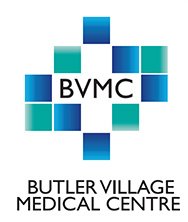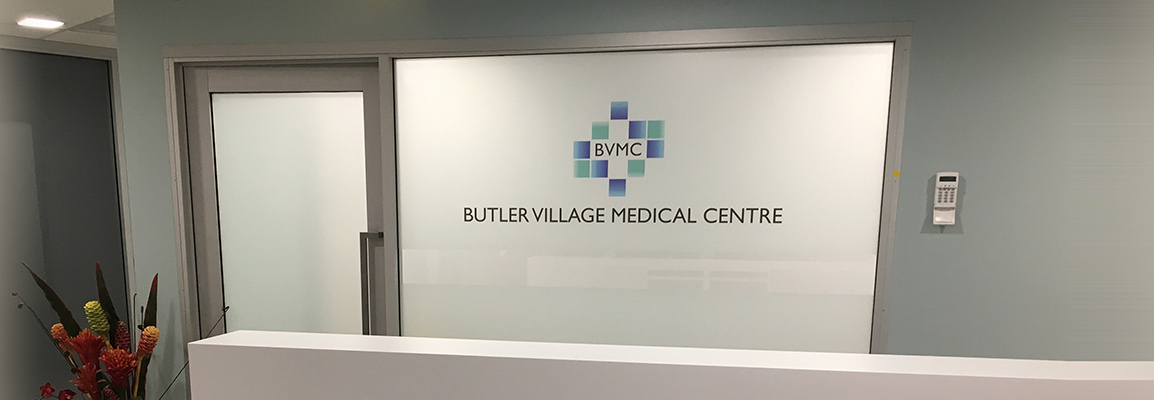COPD
Chronic obstructive pulmonary disease (COPD), also called chronic obstructive lung disease, is a term that is used for two closely related diseases of the respiratory system: chronic bronchitis and emphysema. In many patients these diseases occur together, although there may be a predominance of symptoms of one than the other. Most patients with these diseases have a long history of heavy cigarette smoking. Other risk factors of COPD include:
- Exposure to air pollution at work and in the environment
- Secondary smoking due to exposure to large amount of smoke exhaled by a smoker
- Frequent use of cooking fire with lack of proper ventilation
Symptoms
The most common symptoms seen in COPD include:
- Shortness of breath
- Fatigue
- Chronic cough with or without mucus
- Wheezing
- Recurrent respiratory infections
Initially patients do not get to know that they are suffering from some disease condition. COPD gets gradually worse over time. As the disease progresses, the cough becomes more frequent and more and more effort is needed to get air into and out of the lungs. In later stages of the disease, the heart may be affected. Eventually death occurs when the function of the lungs and heart is no longer adequate to deliver oxygen to the body's organs and tissues.
Diagnosis
Diagnosis of COPD may include:
- Chest X-ray
- Blood test to measure the amount of oxygen and carbon dioxide in the blood (arterial blood gas)
- Lung Function Test (Spirometry)
In most of the cases COPD is detected late when the irreversible damage to the lungs has already began.
Treatment
There is no cure for COPD. The treatment aims at relieving symptoms and preventing further progression of the disease. Medications that may be prescribed include:
- Bronchodilators to open the narrow airways. They are usually given as inhalers. In severe cases bronchodilators are given through nebulizer.
- Anti-inflammatory medications or corticosteroids to lessen the inflammation of the airway walls. Usually corticosteroids are given as inhalers. In severe cases corticosteroids may need to be given orally or intravenously.
- Antibiotics to treat or prevent infections. Usually antibiotics are given at the first signs of infection such as change in color of the sputum to yellow or green. Infections make COPD worse.
- Oxygen therapy may be given in case low level of oxygen is present in the blood.
Surgery
Surgery is rarely used and may involve removal of the diseased parts of the lungs. Lung transplant is done in very severe cases.
Prevention
Quitting smoking stops the progression of the disease. Medications may be prescribed to break the addiction and help patient to quit smoking.









